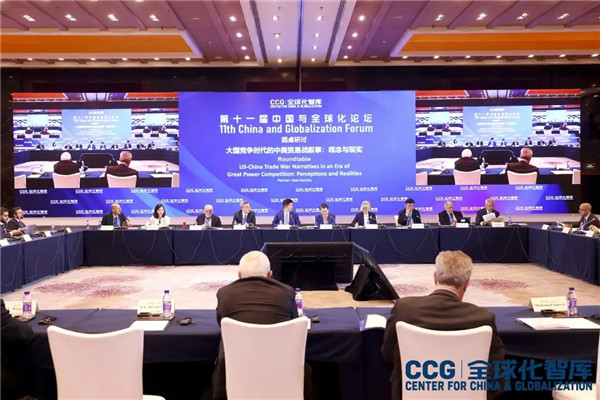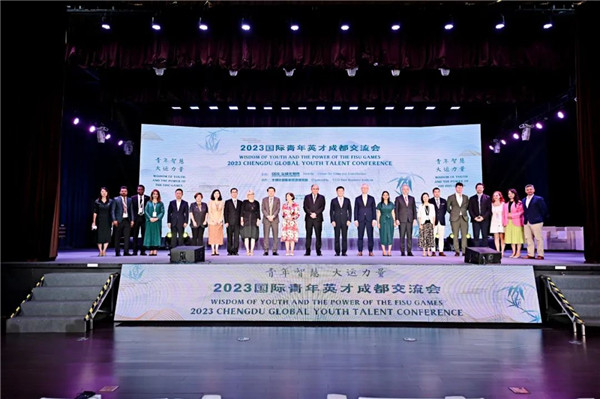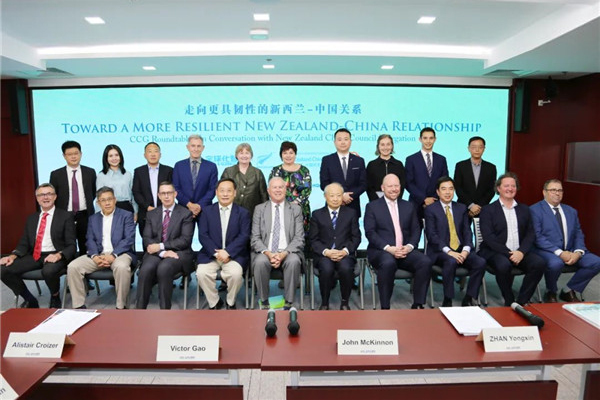CCG conducts “China- Canada Economic and Trade Round Table”
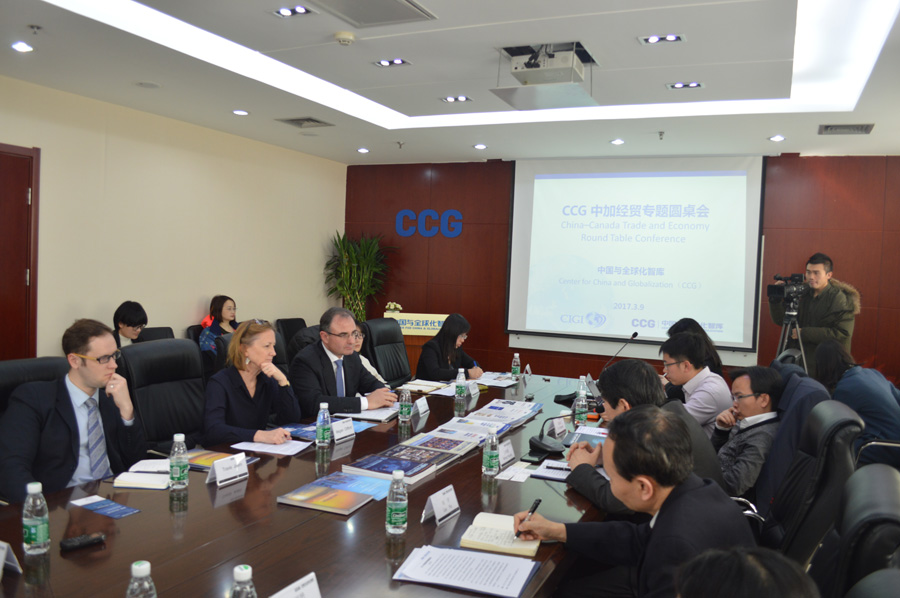
On the 9th of February, the Center for China and Globalization (CCG) joined the Canadian think tank- Centre for International Governance Innovation organizing the “China- Canada Economic round table” at CCG’s Beijing headquarters. The scholars agreed at the seminar that the two countries should strength communication and deepen understanding of each other to explore more cooperation in innovation and cultural exchange.
In September 2016, China and Canada established a prime minister-level dialogue mechanism on an annual basis. Prime Minister Justin Trudeau and Premier Li Keqiang reached a consensus to establish a free trade agreement between the two countries, with an aim to double the bilateral trade volume registered in 2015 by 2025. This agreement came at a time that US President Donald Trump is imposing pressure on Canada to renegotiate NAFTA. Therefore, it has become a highly debatable topic how China and Canada can leverage the situation to create more opportunities for the development of the bilateral relations.
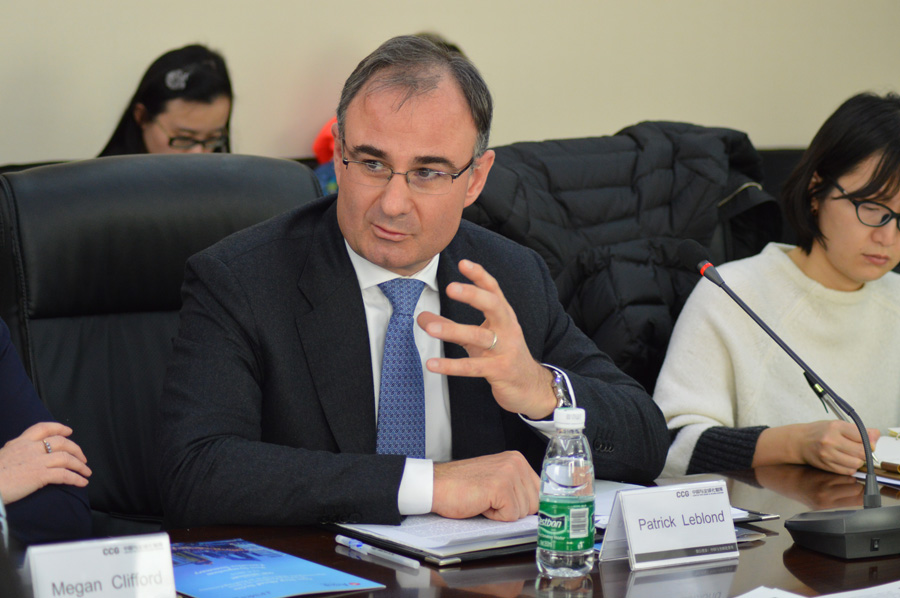
CCG senior fellow and Deputy Director of the Postgraduate School of Public Affairs at the Ottawa University Mr. Patrick Leblonde argued that under trade protectionism circumstances, Canada should maintain an open mind and global perspective in terms of political and economic policy making. With respect to free trade mechanism in North America, the Trump administration appears to be more inclined to establish a new trade regime through bilateral negotiations with Canada and Mexico. Whether this will turn to a trilateral negotiation remains unknown, but Canada welcomes the renewal of trade negotiations and trade regulations. On the other hand, Canada will create more trade and investment channels with European countries and promote trade with Asian countries such as China and Japan.
He believes that under the circumstances of rising “de-globalization” and trade protectionism, the two countries are compelled to play a major role in strengthening the momentum of globalization.
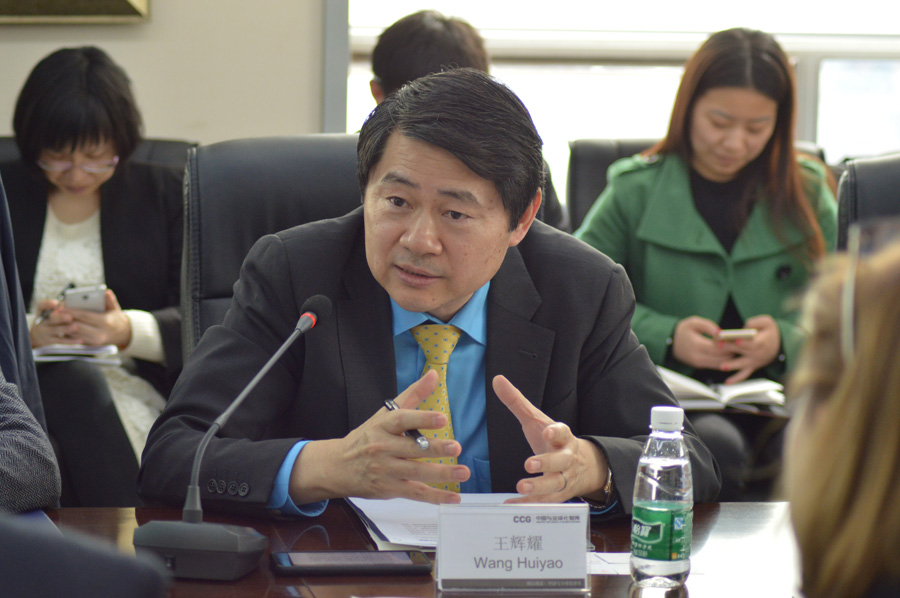
Canada is a member of the TPP, but has not yet signed a bilateral or multilateral free trade agreement with China. “I believe the two countries can build a model to cooperate on a wider and deeper basis,” said CCG President Wang Huiyao. He proposed that the two countries not only strengthen exchange, but also launch a mutual talent recognition mechanism.
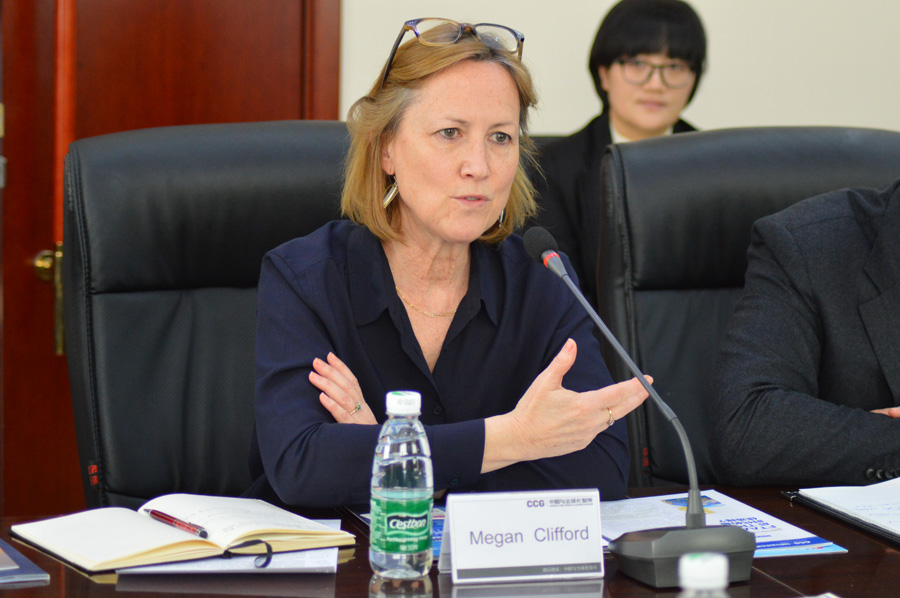
Canadian Embassy Councilor for Trade Policy Megan Clifford said that the ratification of the China- Canada FTA may not be as simple as other negotiations. Ottawa needs to undertake more exploratory discussions. This needs to be done by negotiating with different stake holders, and seeking opinions from Canadian voters. Therefore, there have been fruitful discussions on the China- Canada FTA, no specific time has been set to sign it, but she is looking forward to making progress in the future.
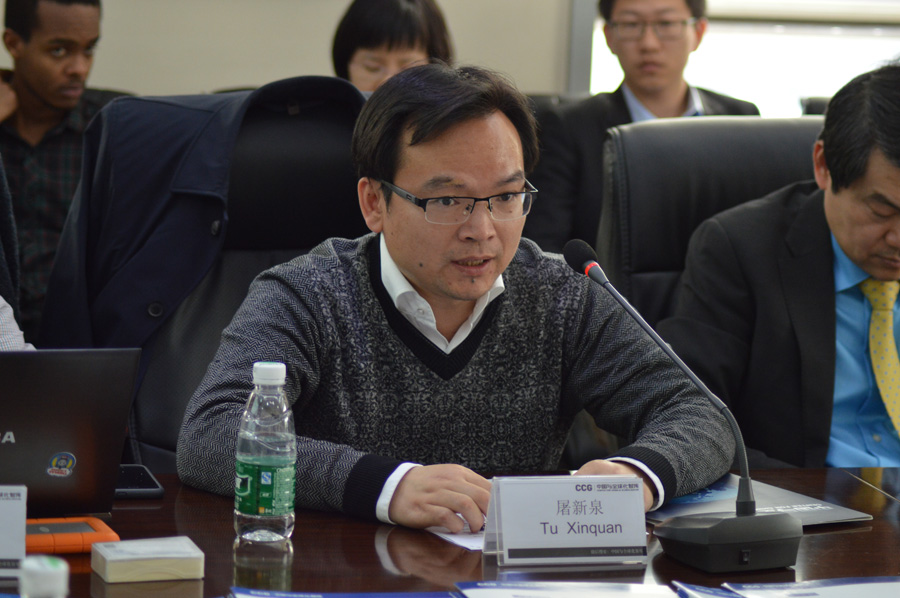
Tu Xinquan, CCG senior research fellow and the president of the WTO Institute of Foreign Trade University, explained the challenges facing the potential free trade agreement between China and Canada, especially in the current situation of rising de-globalization and trade protectionism. Despite that, China and Canada will continue to work together to promote globalization. In the meantime, there is great potential for the two countries to cooperate on talent development and education.
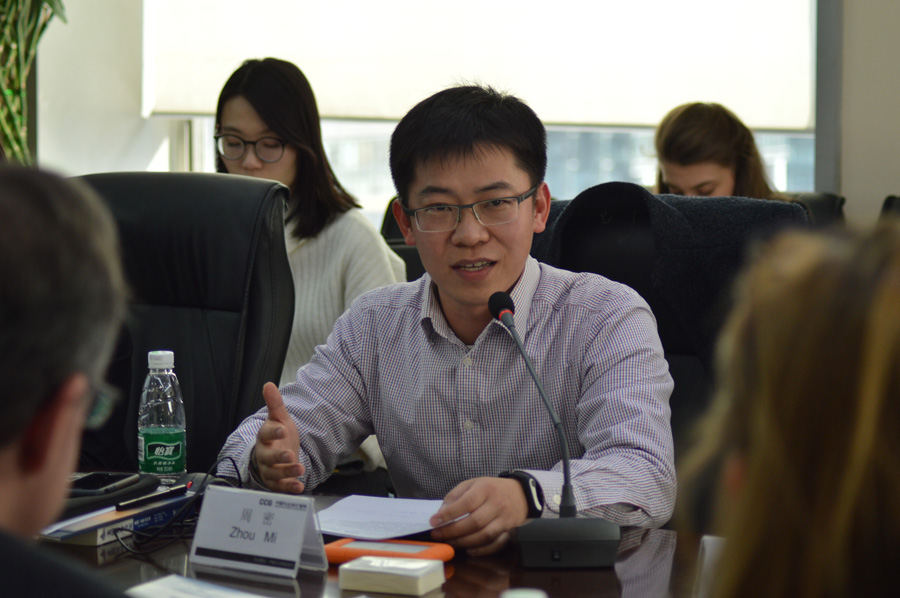
Zhou Mi, the deputy director at the International Trade and Economic Cooperation Research Institute of America and Oceania at the Ministry of Commerce noted three important issues in the Sino- Canadian economic and trade cooperation.
As the first issue, there is a big gap between Chinese and Canadian population, and therefore they would have different market demand, a key factor they need to consider for economic cooperation. Secondly, although China is Canada’s second largest trading partner, the two countries’ trade volume is only one-eighth of the trade between US and Canada. The third issue is that Canada has a trade surplus with the US but a trade deficit with China, which is discouraging to Canadians to seek further trade cooperation with China.
He pointed out that there are ample opportunities for the two countries to cooperate in the development of the Arctic Circle, environmental protection, fishery cooperation and collaboration between the three countries to improve people’s livelihood and governance.
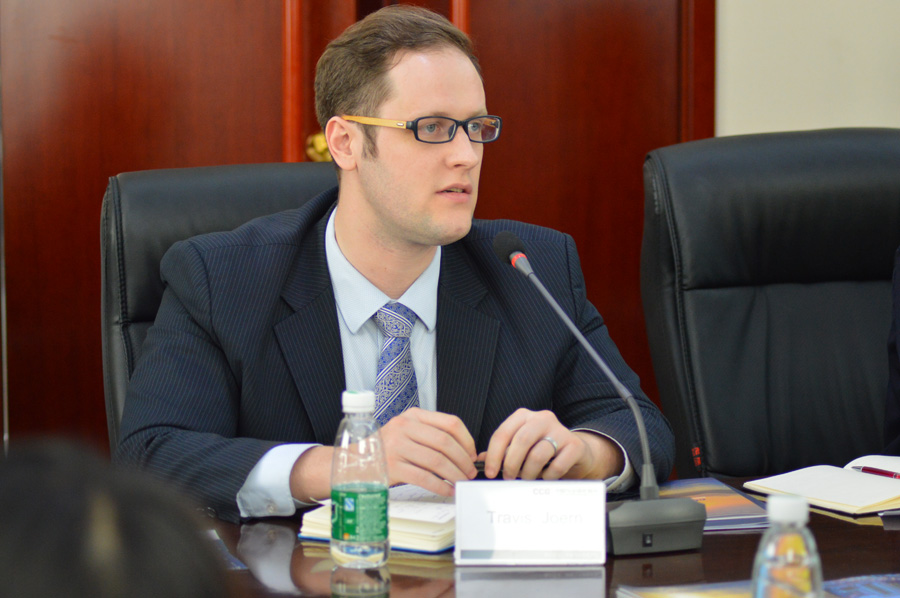
Canada China Trade Council General Manager Travis Joern, said that although the Sino- Canadian relations have gone through a low point, he however believes that the two countries will enter into a new phase of trade agreement negotiation. Despite remaining obstacles to achieve the China-Canada Free Trade Agreement, the two countries are able to maintain constructive communications and cooperative initiatives in other areas such as talent development and exchange.
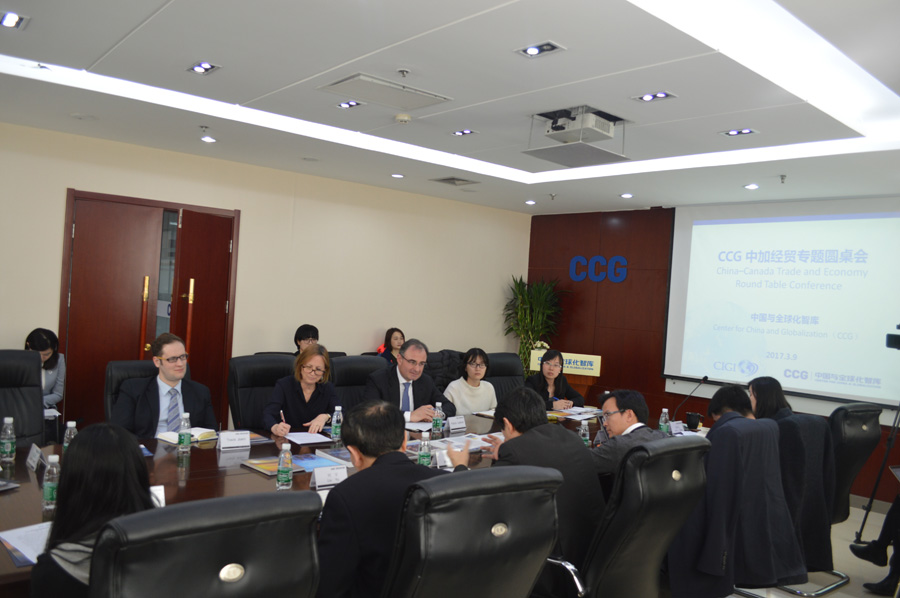
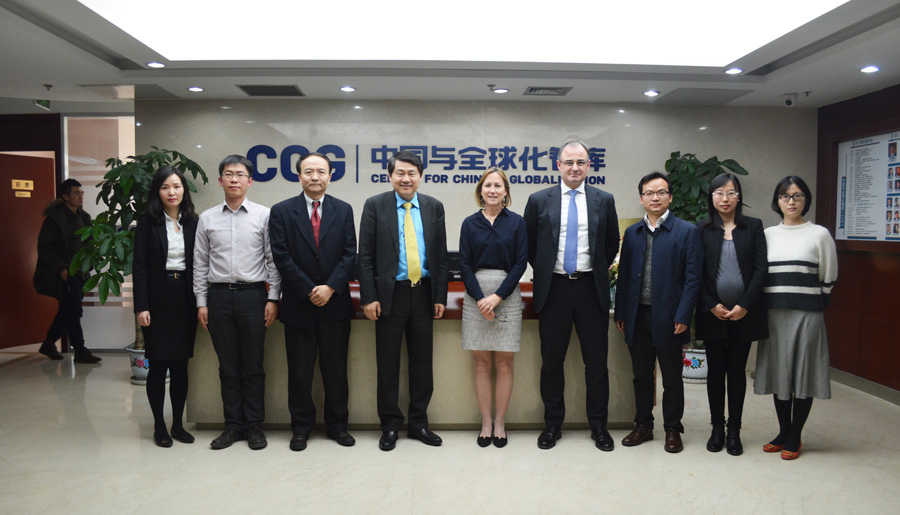
LocationBeijing
